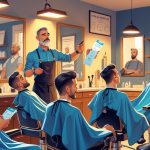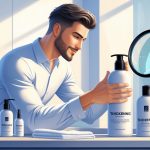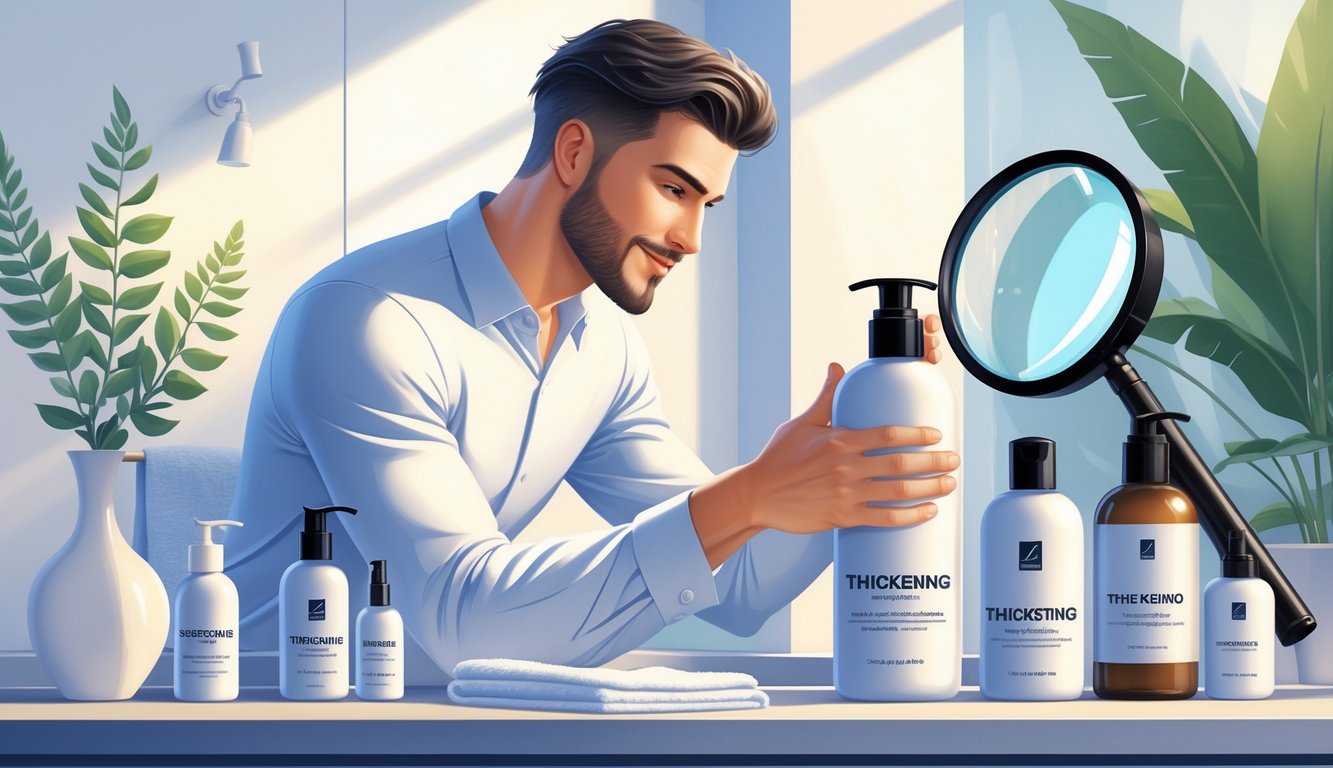
Sulfate-Free and Paraben-Free Shampoos: Are They Better?
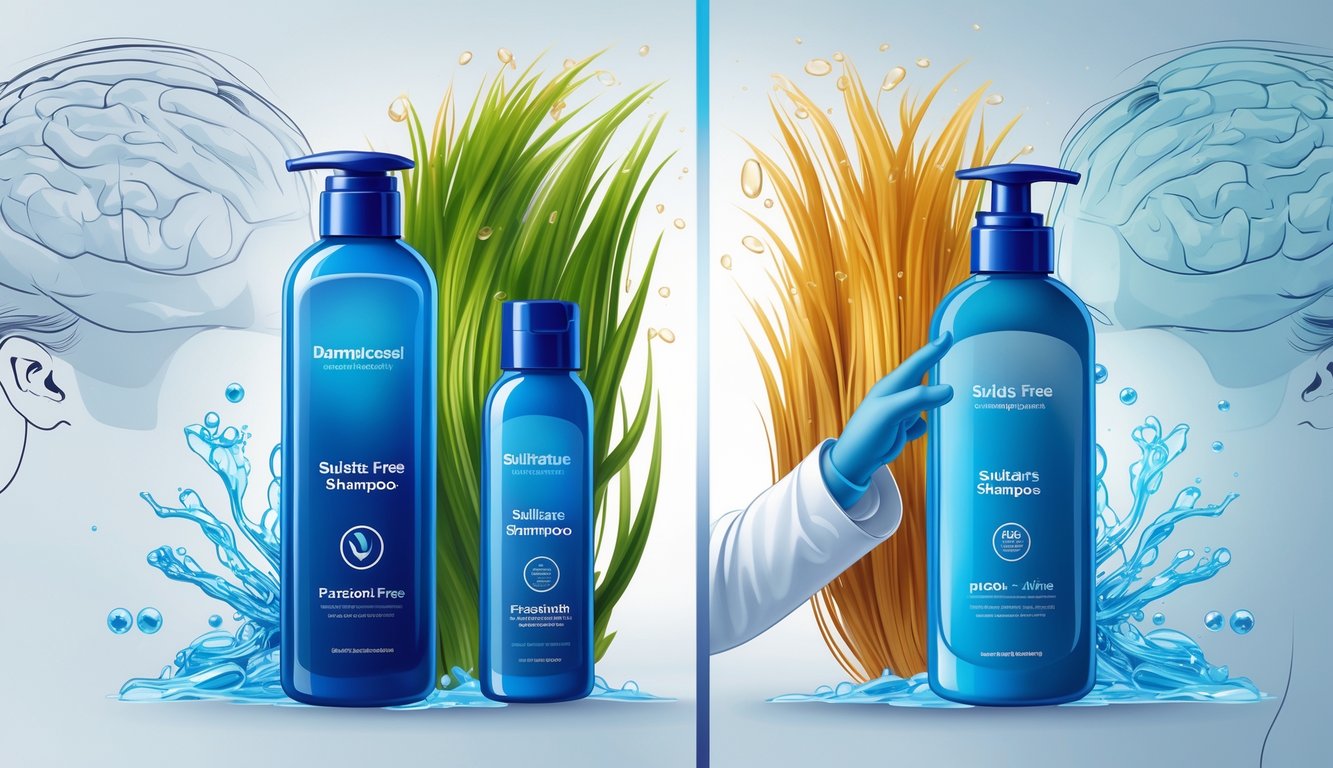
Sulfate-free, paraben-free—everyone’s jumping on that train. Even my dermatologist friend (the one obsessed with amino acids) admits the results are mixed. Brands slap “biosurfactant” on everything, but there’s a weird mix of real scalp benefits, leftover gunk, and a lot of confusion about what happens after a week of use.
Benefits for Scalp and Hair Health
People keep saying sulfate-free means gentle. I’ll admit, my scalp stopped itching as much when I switched to a formula with coco glucoside instead of the classic foaming stuff. Studies link old-school sulfates like sodium lauryl sulfate (SLS) to dryness and flaking. If you’ve got a sensitive scalp or seborrheic dermatitis, that’s just misery.
Barbers (especially the old-school ones) say sulfate-free shampoos make fine or thinning hair look a bit fuller—maybe because they don’t strip away all the moisture. L’Oréal’s Ever Strong (it’s got a patented amino acid complex, no sulfates) actually fluffed my hair up in a week. Not “thicker,” just less weighed down.
Paraben-free? You dodge some preservatives that can bug sensitive skin, but that’s mostly an issue if you’re shampooing almost every day. Nielsen’s 2024 data says a ton of guys do. You’ll probably get more shine and softness, though some people hate the greasier look between washes.
Potential Downsides to Avoid
Okay, so let’s get this out of the way—“sulfate-free” does not mean “magically never greasy.” I mean, I wish. The reality? These supposedly gentle cleansers—decyl glucoside, all those “biosurfactants”—barely touch actual oil if you’re piling on product. Good Housekeeping’s 2025 test panel? People straight-up said their hair felt limp and greasy by day three with the sulfate-free, paraben-free stuff. Volume starts out great, then, boom, waxy helmet head. Been there.
You switch, your hair’s all soft for a week, then suddenly your styling wax refuses to budge and you’re scrubbing like you’re punishing yourself for bad decisions. Some guys don’t care, but if you’re into heavy pomades, you either double-wash, or you just live with a little grime. Pick your poison—less scalp drama, or actually clean hair.
And the price? Don’t get me started. Most “trending” sulfate-free shampoos are, what, twice the price of the basic drugstore ones? And half the time, the only real difference is you don’t get that foamy lather (because, yeah, no sodium laureth sulfate). It’s confusing. Some brands slap “with biosurfactant” on the label and just toss in coconut extract—not even a real biosurfactant. I check the INCI list now, but honestly, who has the time?
Identifying Sulfates, Parabens, and Biosurfactants
Ingredient lists in the shampoo aisle—or, let’s be real, on my phone—just make my brain melt. Sulfates hide behind names like ammonium lauryl sulfate or sodium C14-16 olefin sulfonate, and parabens? If you’re not looking for the “-paraben” ending, you’ll miss them. (Methylparaben, propylparaben—sure, just blend in.)
Quick cheat sheet, because otherwise I’ll forget:
| Ingredient Type | Common Names to Spot | Purpose/Comment |
|---|---|---|
| Sulphates | Sodium lauryl sulfate, SLES, SLS | Cleans well, dries out scalp |
| Parabens | Methylparaben, propylparaben | Preservative, possible irritant |
| Biosurfactants | Coco glucoside, decyl glucoside | Mild, “plant-based” cleanser |
“Sulfate-free” on the label? Doesn’t mean there aren’t other harsh detergents hiding—sulfonates, for example, sneak in like it’s nothing. Biosurfactants sound like sci-fi, but usually it’s just some coconut-derived basic cleanser. I once grabbed a “paraben-free” thickening shampoo off a dermatologist’s list—turned out it had like ten other synthetic preservatives. Ingredient roulette, basically. When I’m overwhelmed, I just drag the bottle to my dermatologist and let her roll her eyes for me.
Science-Backed Brands and Standout Products
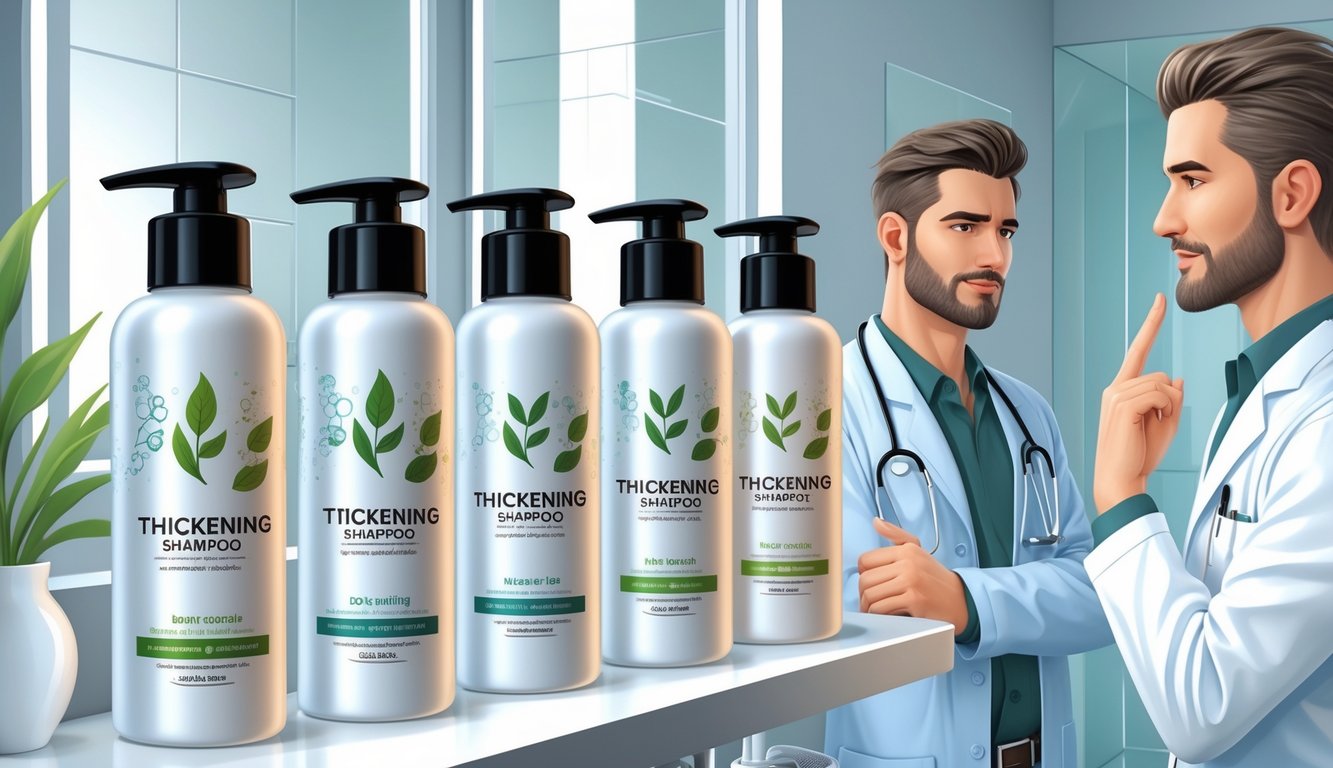
People act like there’s a “miracle” thickening shampoo out there—nope. Every dermatologist I’ve grilled? Not one promises you’ll sprout a lion’s mane. Ingredients lists read like a pharmacy, brands scream “clinically proven,” but it’s mostly a handful of ingredients and brands that come up again and again, with all the usual tradeoffs.
Dermatologist-Recommended Shampoos
I thought maybe there was a secret favorite, but when I asked my derm, she rattled off Nioxin System 2 Cleanser Shampoo (still showing up in studies after 30 years), DS Laboratories Revita Shampoo (caffeine, ketoconazole, “reasonably evidence-based,” whatever that means), and Nutrafol. She actually said, “Don’t expect miracles,” while typing up a prescription. Paul Mitchell Tea Tree Scalp Care Anti-Thinning Shampoo—salons love it, but I’ve never seen real clinical data. Still, people swear their scalp feels less itchy, so maybe placebo, maybe not. Sachajuan’s Thickening Shampoo with Ocean Silk Technology pops up, but honestly, it’s more “my hair feels thicker” than something you could measure.
Breakout Ingredients in Top Brands
Caffeine, biotin, saw palmetto, ketoconazole—just a parade of syllables and brands. I started reading ingredient labels under bad drugstore lighting and finally noticed a pattern. R+Co Dallas Biotin Thickening Shampoo is loaded with biotin and panthenol (three friends swear it’s magic for volume by week three), but hims Thick Fix Shampoo is all about saw palmetto. Derms will grudgingly say it “may” slow shedding. Rootist Densify Concentrated Shampoo is full of peptides and plant extracts, supposedly for follicle support, but I’ve never heard a single derm admit to using it. DS Laboratories Revita has caffeine, biotin, ketoconazole—clinical reviews say it reduces miniaturization, but nobody mentions the weird smell. Sachajuan’s “Ocean Silk Technology” is supposed to help hair fibers, and Nutrafol throws in antioxidants and adaptogens, but finding clear data? Good luck.
Comparing Results: User Reviews and Studies
Scrolling through reviews is like falling into a black hole—one guy says Nioxin gave him his hairline back, another says DS Laboratories Revita “changed his life.” Fine print on all those testimonials? Useless. There’s one actual clinical trial: Nioxin users had a “statistical improvement in hair diameter after eight weeks” (International Journal of Trichology), but it was like a 5-10% jump. Not exactly dramatic. Paul Mitchell Tea Tree Scalp Care gets raves for “tingling” and “fresh scalp feel,” but if you want double-blind studies, forget it—most run under three months, and nobody agrees on what “results” even mean. I keep a spreadsheet—hims Thick Fix and Nutrafol Active Cleanse keep popping up with “fuller” or “stronger” in forums, but who knows if those guys just changed their diets or routines at the same time. Nobody tracks that, and half the bottles get abandoned by week seven anyway.

